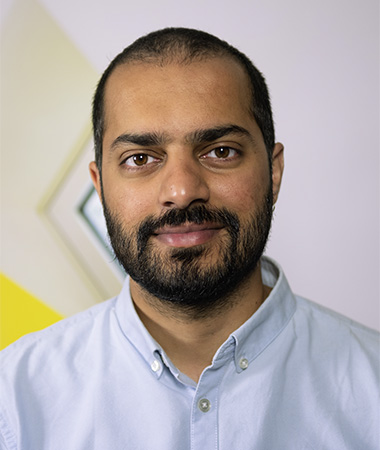Science for Society: The Impact and Spread of Misinformation
Interest in misinformation research has increased dramatically in recent years. The issue of misinformation is especially evident when considering the news people choose to watch and share with their networks and how much different sources vary in describing current events. The researchers in this webinar discuss their latest findings on misinformation and when and how it is best to intervene to reduce its spread.
Lisa Fazio, associate professor at Vanderbilt University, described how repetition reinforces the way our brains interpret the legitimacy of information, even if that information is false. There are multiple times at which interventions could target misinformation: supply, demand, distribution, and uptake. It may be most effective to enact interventions at multiple stages in order to reach as broad of an audience as possible.
“There is no one solution or perfect intervention, just like other societal problems,” Fazio said. “What we really need to do is layer up lots of different protections and try and solve this big problem in a bunch of different ways.”
Mubashir Sultan, doctoral student at the Max Planck Institute, reviewed his large-scale demographic study testing who is best able distinguish true news from false news. He found that older people were better at discerning which news articles are accurate. However, they were also more skeptical of all news in general, saying more articles were false than were actually false.
“But why is it that [older adults are] better? Is it because of political knowledge? Is it because of semantic knowledge?” Sultan asked. “It also raises important questions into what’s up with education. What is going wrong within education that’s not working on the internet?”
Madeleine Jalbert, postdoctoral scholar at the University of Washington, discussed her research working with community partners to design interventions that combat the spread of misinformation. In her work, she tests if participants believe misinformation after posting a comment that questions if posts are true. By working with communities directly, such as with organizations in Kenya and South Africa, her team can target issues that impact the communities the most.
“Community partners and academic researchers have different areas of expertise… And these different areas of expertise can work really well together,” Jalbert said.
This webinar provides anyone consuming online news an understanding of risk factors and what to keep in mind when reading articles on the internet.
Speakers

Lisa Fazio
Vanderbilt UniversityLisa Fazio is an associate professor of psychology at Vanderbilt University. She studies how people learn new information (both true and false) and how to correct errors in people’s knowledge.

Madeline Jalbert
University of WashingtonMadeline Jalbert is a Postdoctoral Fellow at the Center for an Informed Public at the University of Washington. She received her PhD from the University of Southern California. Her research focuses on how context influences judgments of truth and consensus.

Mubashir Sultan
Max Planck Institute for Human DevelopmentMubashir Sultan is interested in decision making on social media, with a focus on misinformation. For his PhD, he is investigating who is susceptible to misinformation on social media and why. With a background in social psychology and cognitive science, he uses experimental methods and computational modelling to approach these topics.

